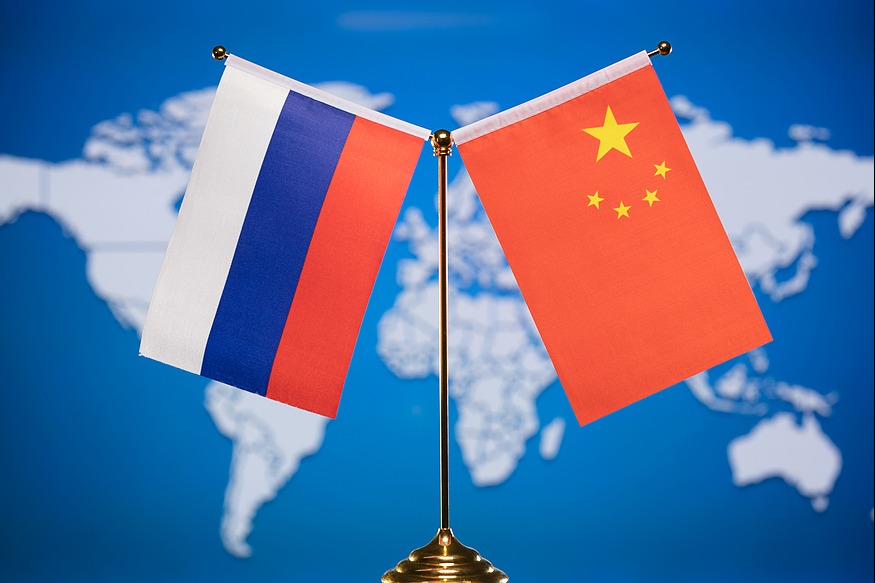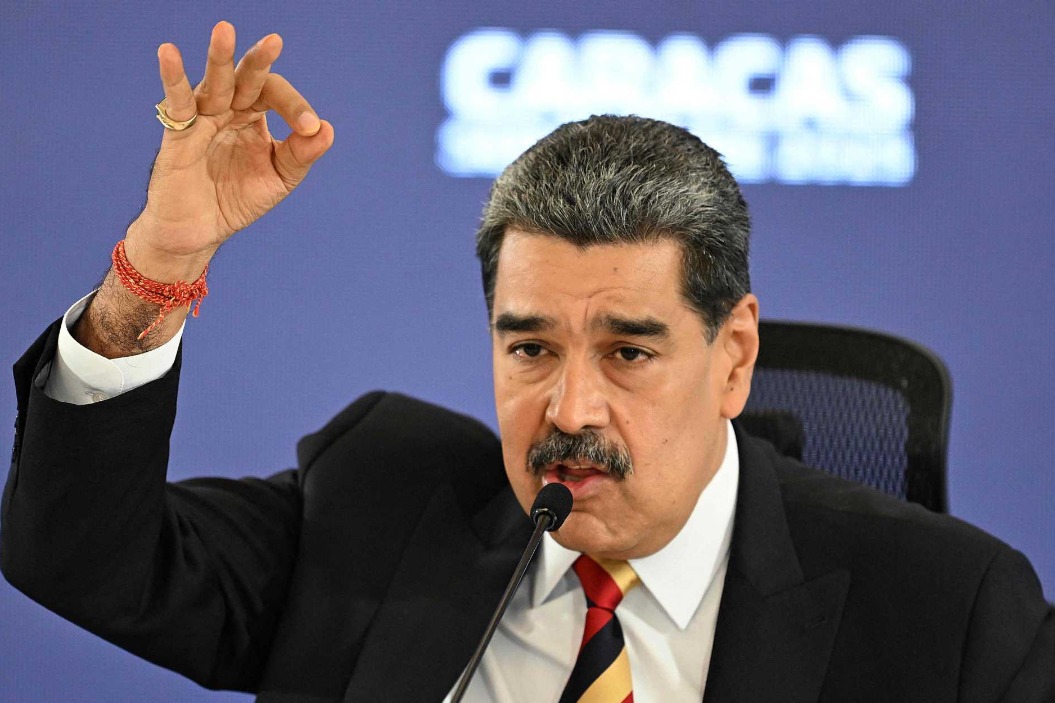US should work with China for cross-Strait stability

One president of the United States after another has said that — some repeatedly — the US recognizes that there is only one China and that Taiwan is part of China.
However, critics contend that the US' arms and other military-related sales to China's Taiwan region over the past roughly 50 years throw into question whether those public statements are mere empty words. In addition, rhetoric from political and military officials requires critics to ask whether Washington's words will ever match its actions.
According to one estimate, Taiwan has forked out at least $50 billion in weapons deals since 1979, and only Israel, Japan and Saudi Arabia have spent more in purchasing US military hardware during that time.
But the US has no grounds to sell weapons to the region. First, Taiwan is not recognized as a sovereign state by the majority of countries, including all major global powers.
Second, it holds no role within the United Nations — neither as an active member nor as an observer. And third, it has been considered part of China for centuries.
In reality, it is an island off the southeast Chinese coast, and as the Chinese mainland officials have indicated multiple times, the complete reunification of China is inevitable.
The US has a real problem with that reality, and it also refuses to get past the enmity it has constructed when it comes to anything related to China.
The most notable eye-opening moment relating to how the US would react to any invasion of Taiwan occurred in late 2021 when then US president Joe Biden said, "Yes, we have a commitment to (defend Taiwan)." Although his staff sought to quickly defuse any confusion over the statement, there was little doubt in the minds of critics that Biden was promising something that his predecessors also would have approved: a US-led military response against the Chinese mainland. This is despite the fact that there is no military pact between the US and Taiwan to legally authorize such an act.
Only those wearing the rosiest of rose-colored glasses would believe that a humanitarian and economic disaster can be avoided if war comes to the Taiwan Strait and the South China Sea. Thus, when China speaks of peaceful reunification, it is doing so knowing that in any other form, reunification comes with unwanted baggage.
With all of this in mind, now would be the right time for the US to eliminate talk of war and nurture talk of peace. Washington must take the lead in creating a new message.
So, what can the US do to cool off tensions? First, give military bombast a rest and diplomatic clarity a boost. The US loses nothing by talking more — a lot more, in fact — with China.
Second, and related to the previous thought, stop the posturing. Brash statements, and almost always from the military community, suggesting that the US must spend more and more on "defense "should be sharply countered in the mainstream media.
Third, ignore the noise associated with an invasion of Taiwan. There is no reason to think that the Chinese mainland wants to shake the foundations of the current world order; an attack on Taiwan would do just that.
Fourth, convince US politicians not to visit Taiwan. These elected officials visit the island primarily to boost their political bona fides at home, and in doing so, they further embolden the "Taiwan independence" separatist forces.
The author is an associate professor in the Communication and Organizational Leadership Department at Robert Morris University in Pennsylvania, the United States.?The views do not necessarily reflect those of Robert Morris University or China Daily.

































